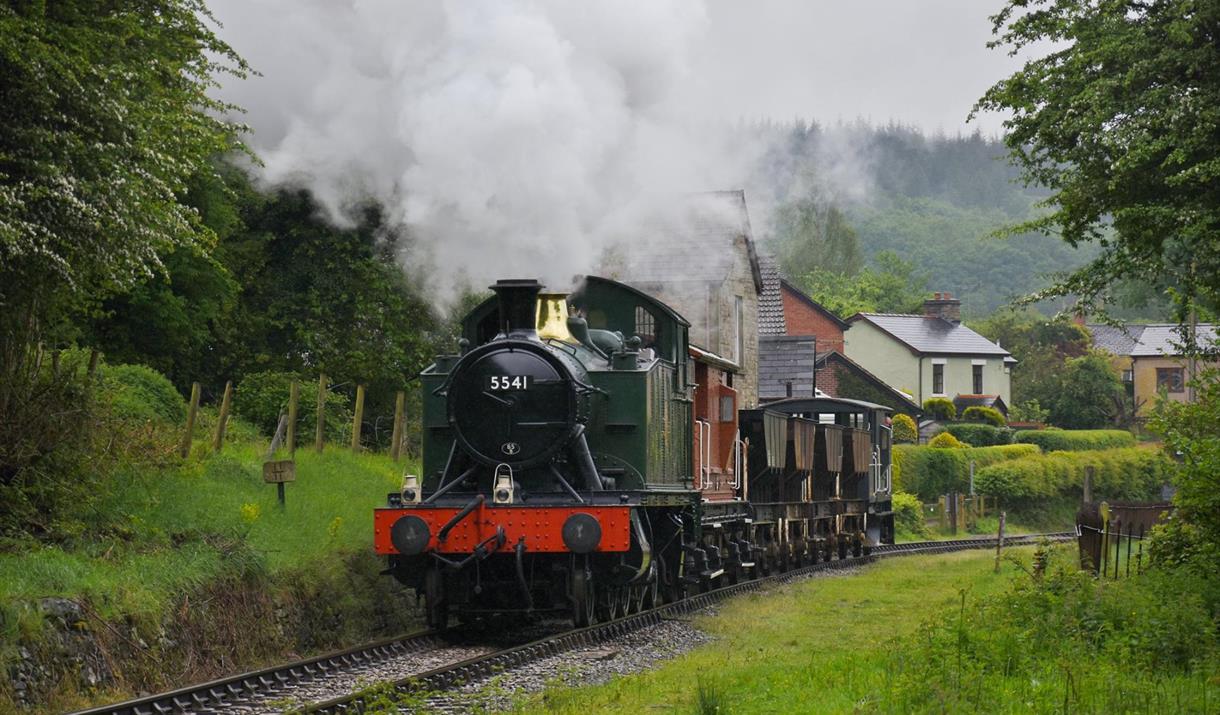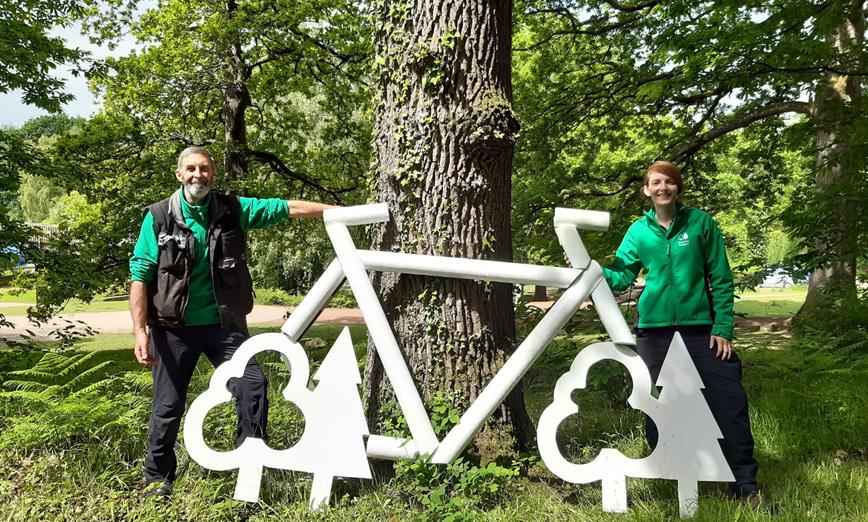Book Tickets Online
About Us
Whitecroft is a small village in the Forest of Dean, located to the south of Parkend. The village has two pubs and a station on the Dean Forest Railway line.
Whitecroft is known as Dabdown to its locals, who are nicknamed 'The Greeks'. Over 1,400 people a day used to visit Whitecroft to work, shop or play. Industry thrived and champion rugby, football and cricket teams won accolades. A highly regarded male voice choir provided entertainment and shops provided retail therapy selling everything from buttons to batteries and meat to millinery. At one time, there were four sweet shops rotting the village children's teeth.
History of Whitecroft:
In the early 17th century there were ironworks on Cannop brook at Whitecroft. They remained in operation until the Crown sold them in 1674 for demolition, to preserve the woodland of the Forest. A chapel at Whitecroft dates from 1824 and by 1834 terraces containing 30 cottages had been built on either side of the Severn & Wye tramroad (later railway) for employees in the Parkend collieries. In 1841 there were three beerhouses at Whitecroft.
Whitecroft had two corn mills in the early 19th century. One of the mills, in the west part of Whitecroft remained in operation until 1970. In the 19th century there were several coal mines in the area, including Park Gutter west of Whitecroft, and Princess Royal colliery between Whitecroft and Bream's Eaves. There was a factory on the south side of Whitecroft in 1866, and other workshops and industrial sites developed in the 20th century. On the Bream road several brick buildings put up in the early 20th century for Princess Royal colliery still survive.
Whitecroft railway station opened in 1875 as part of the Severn and Wye Railway. The station closed in 1929. It was re-opened to passengers on 25 May 2012 as part of the heritage Dean Forest Railway which travels between Lydney and Parkend.
Read about village life in Whitecroft here.
















